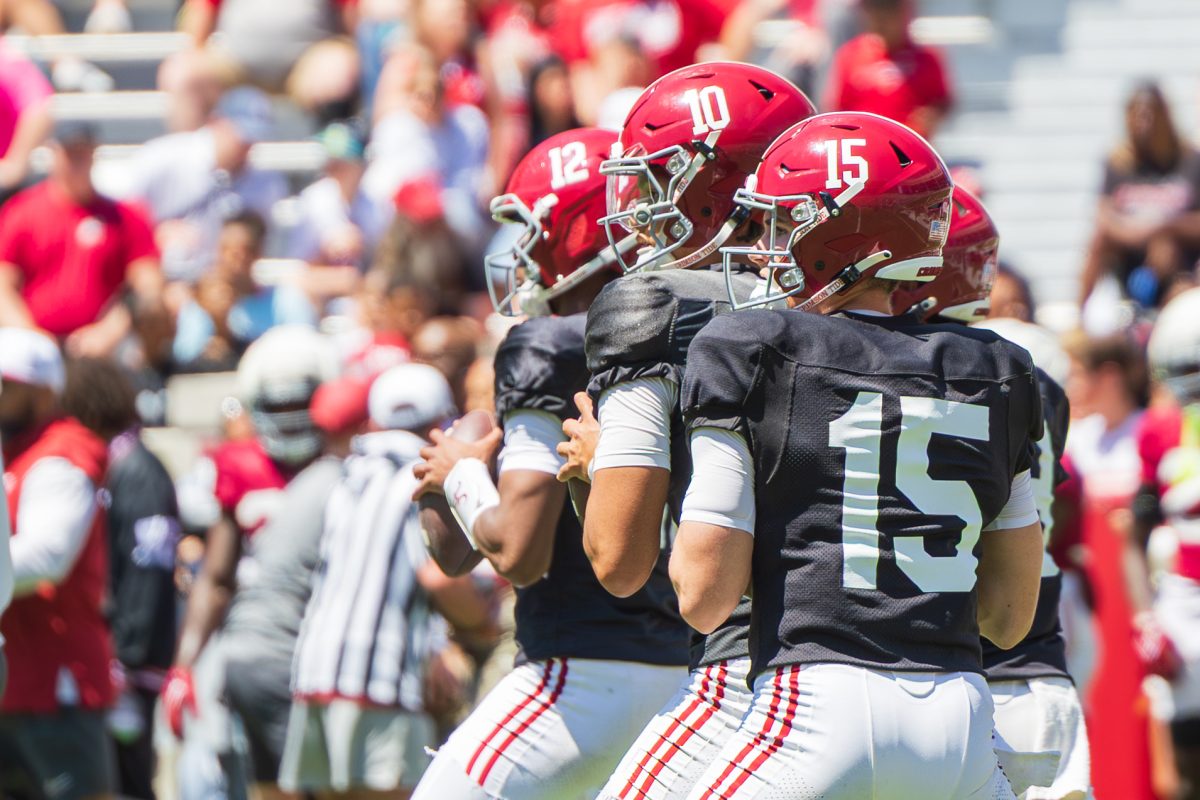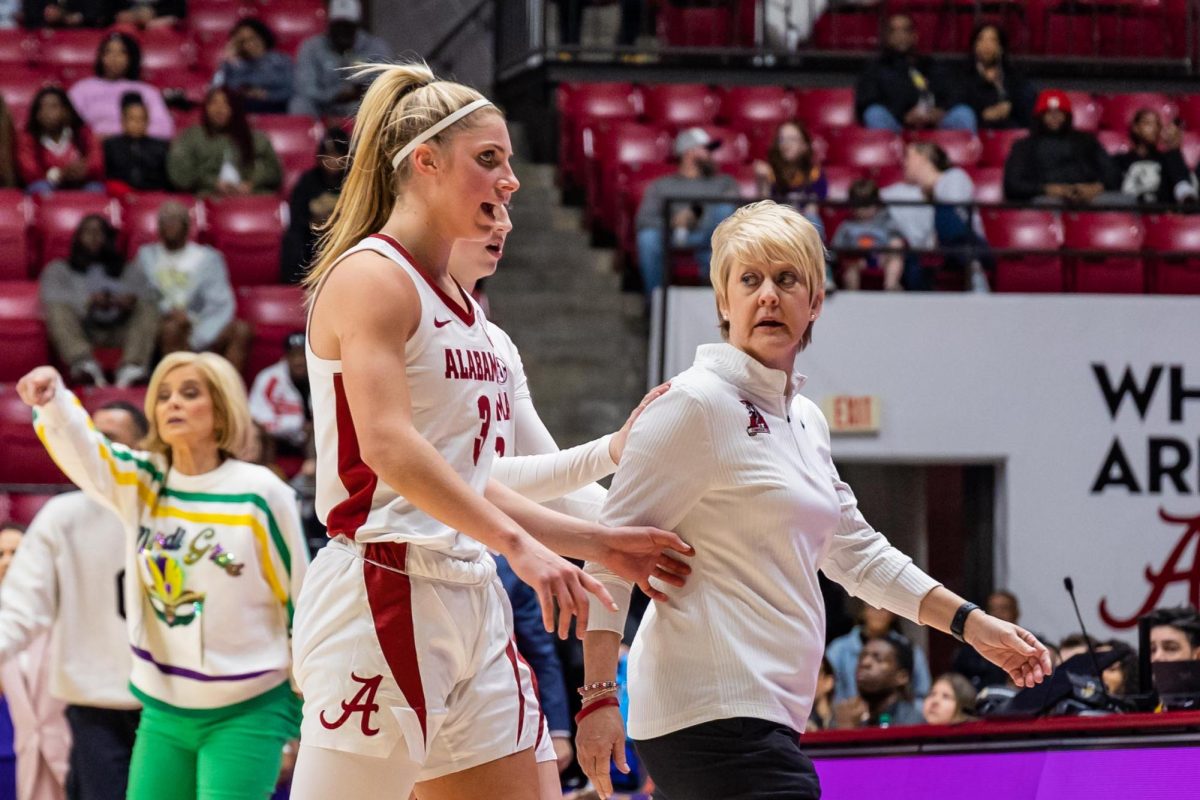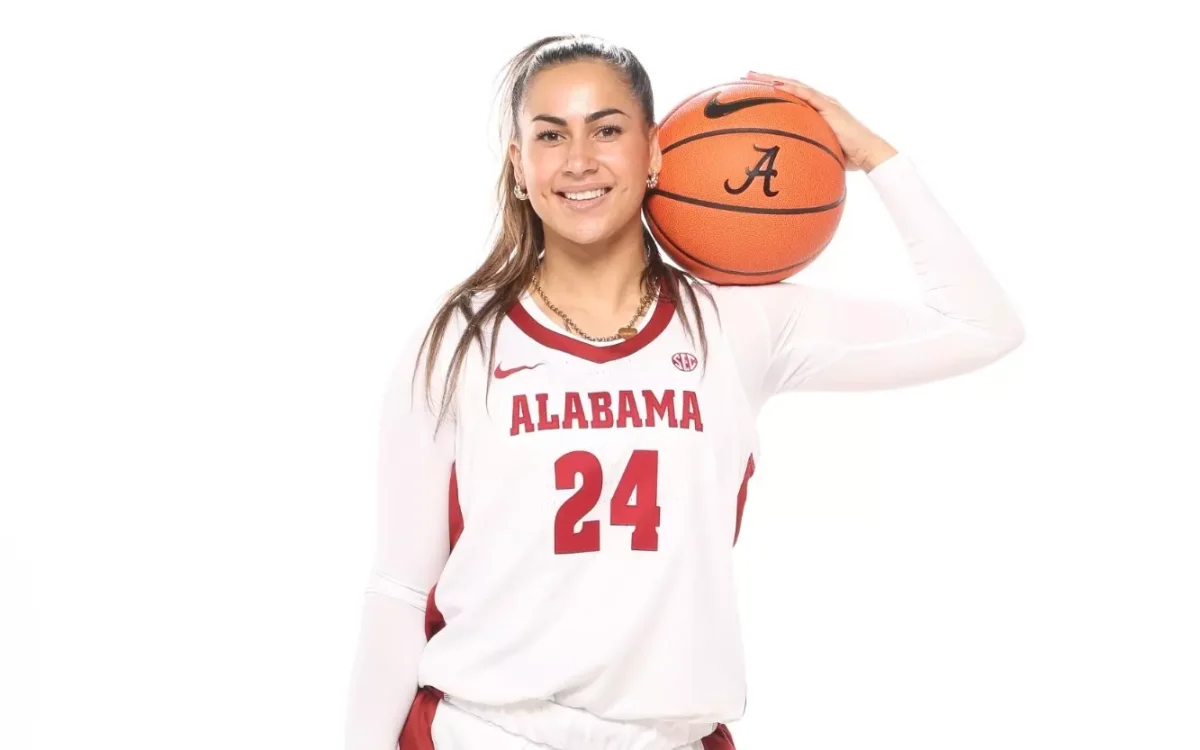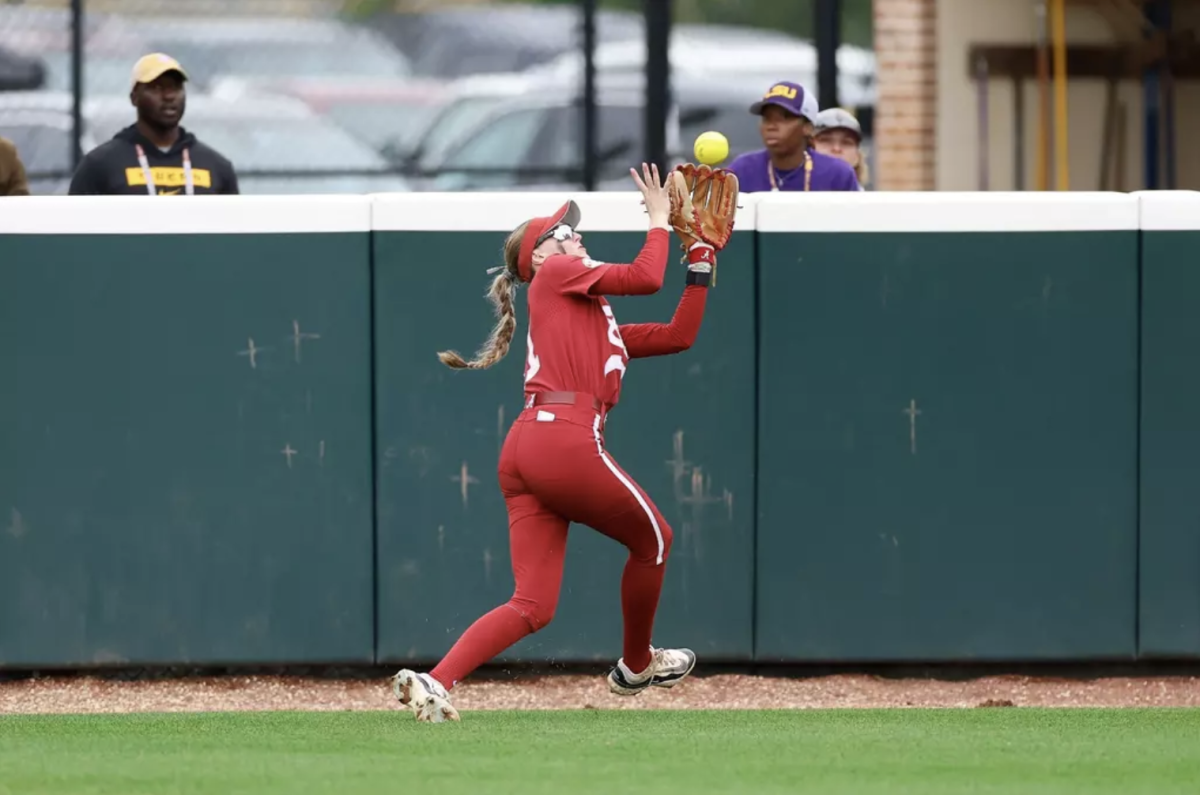On the penultimate hole of the Carpet Capital Collegiate last Sunday, Lee Hodges saw his assistant coach, Jon Howell, approaching him and knew what it meant: they were close. Just how close he couldn’t be sure, but when Howell, as expected, reminded him to bear down and grind to the finish, he got the hint that his team’s potential victory or defeat lay in his hands.
Hodges bogeyed the 17th hole – not bad, but not “winning golf” either, he said – but rebounded by hitting his second shot on the 18th just six feet from the hole. He approached the green like a gladiator entering the Roman Colosseum, eager to give the many spectators surrounding the green a show. He had a hunch this putt would win the tournament for Alabama.
He and Howell treated this putt the same as they would any other, reading the slope from both directions. Confident in his read, Hodges took a practice stroke to gauge the speed and then stroked the ball. He could only watch as it slid past the left edge. Alabama and Georgia Tech would play an extra hole to decide the champion.
“If I hit [a shot] how I want to and it ends up bad, it rarely ever bothers me,” Hodges said. “I hit that putt with the speed I wanted and the line I wanted. If you gave me that putt 100 more times, I’d hit it the exact same way every time. To hit such a good putt just proved to me that I can hit some pressure shots.”
Five hours before the playoff, during the final round, Hodges had played safe, leaving his shot short of the hole and collecting a safe par. Now, though, was the time to take dead aim.
From 122 yards away, he stuck his approach within 18 feet of the hole for a shot at redemption. The putt rolled toward the hole on what seemed to be a perfect line. Out of Hodges’ periphery, he saw his teammate, Davis Riley, start to pump his fist. But at the last second, the ball turned sharply left across the front of the hole and came to rest one agonizing inch away.
There was nothing Hodges or his teammates could do as Georgia Tech’s Luke Schniederjans drained the winning putt a moment later. The Crimson Tide had come up just short.
Despite the loss, coach Jay Seawell believes his players benefited from the pressure of the unfamiliar situation. Their calm attitudes and body language during the playoff gave him great optimism as the team prepares for tournaments with deeper fields and more prestige.
“There is zero chance you can replicate that in practice,” said Seawell. “It put us in a situation with the utmost competition and the utmost nerves, and we hit five quality shots off the tee and five quality second shots [in the playoff]. That is the kind of pressure you feel when you play in the NCAAs or the SECs, so I know we will be more prepared for that type of nerves.”
While Hodges was walking down the fairway in the playoff, he marveled at the progress the team had made. In the same tournament a year ago, Alabama finished ninth out of 15 teams, yet here it was with a chance to start the season with a statement win, its first since March 2016.
“We’ve come a long way and it just shows what we can do the rest of the year,” said Hodges. “Unfortunately it didn’t turn out the way we wanted, but we’ll be ready to play the next one and hopefully win.”









